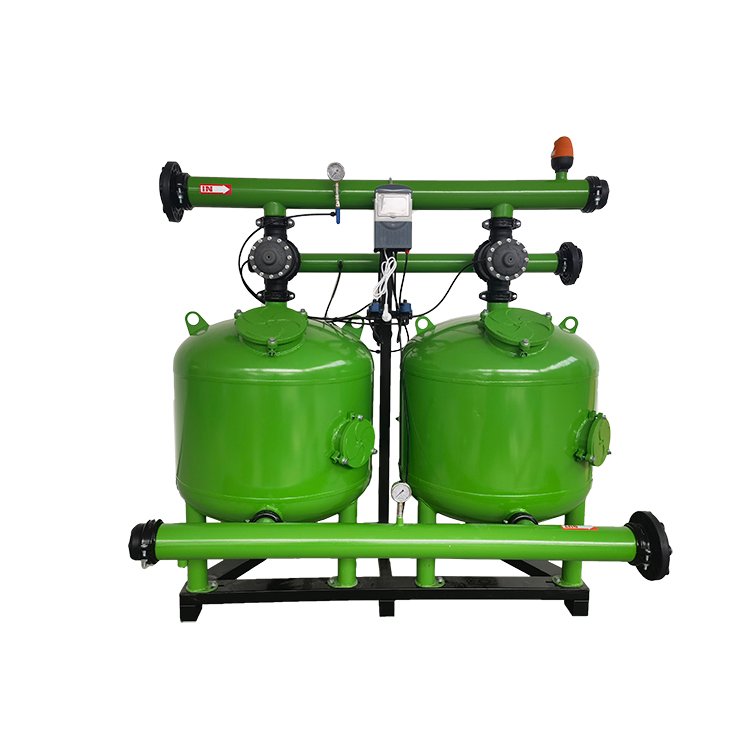The frequency of cleaning depends on the type of filter and the water quality.
Learn how often you should clean your irrigation filter based on the water quality and filter type. Don’t let clogged filters affect your crops.
Irrigation filters are an essential component of any irrigation system. They prevent debris, sand, and other impurities from entering and clogging the irrigation system. Clogged irrigation filters can cause significant damage to crops, especially if left unattended for long periods. The frequency of cleaning your irrigation filter depends on the water quality and the type of filter you are using.
Water Quality
Water quality is the primary factor that determines how often you should clean your irrigation filter. If you have clean water with little to no impurities, your filter will require less cleaning. However, if the water has high levels of impurities or contaminants, your filter will require frequent cleaning. If you are unsure about the water quality, you can get it tested to determine the level of impurities.
Type of Filter
There are several types of irrigation filters available in the market, including screen filters, disc filters, and sand filters. Each filter has its own maintenance requirements, and the frequency of cleaning varies accordingly. Screen filters are the most common type of filter and require frequent cleaning, while disc filters and sand filters require less frequent cleaning.
Screen Filters
Screen filters have a mesh screen that captures the impurities and debris. Over time, the screen can become clogged, reducing the water flow and increasing the pressure in the system. The frequency of cleaning screen filters depends on the water quality and the mesh size of the screen. If you have high levels of impurities in the water, you may need to clean the screen every day. If the water quality is good, you may only need to clean the screen once a week.

Disc Filters
Disc filters use a series of plastic discs with grooves that capture the debris and impurities. These filters require less frequent cleaning than screen filters as the debris is captured on the surface of the discs, making it easier to remove. The frequency of cleaning disc filters depends on the water quality and the number of discs in the filter. If the water quality is good, you may only need to clean the filter once a month.

Sand Filters
Sand filters use a layer of sand to capture the impurities and debris. The sand layer needs to be replaced periodically, depending on the water quality and the size of the filter. Sand filters require the least amount of cleaning, but they require more maintenance, including replacing the sand layer periodically.

FAQs
Q: What happens if I don’t clean my irrigation filter?
A: If you don’t clean your irrigation filter, the debris and impurities can clog the system, reduce water flow, and increase the pressure in the system. This can cause significant damage to your crops and affect the overall performance of your irrigation system.
Q: Can I clean my irrigation filter myself?
A: Yes, you can clean your irrigation filter yourself. However, you need to ensure that you follow the manufacturer’s instructions and wear appropriate protective gear. If you are unsure about how to clean your filter, you can contact a professional irrigation technician.
Conclusion
Cleaning your irrigation filter is an essential maintenance task that ensures the smooth functioning of your irrigation system. The frequency of cleaning depends on the water quality and the type of filter you are using. If you have clean water with little to no impurities, you can clean your filter less frequently. However, if the water quality is poor, you need to clean your filter more frequently to prevent clogging and damage to your crops. By understanding the importance of cleaning your irrigation filter, you can ensure that your irrigation system operates efficiently and your crops receive the necessary amount of water. Regular maintenance of your irrigation system will not only save you money on repairs but also help you achieve better crop yields. So, make sure to check your water quality and follow the manufacturer’s recommendations for cleaning your irrigation filter to keep your system in top condition. Don’t let clogged filters affect your crops, take action today and keep your irrigation system clean and functional.


